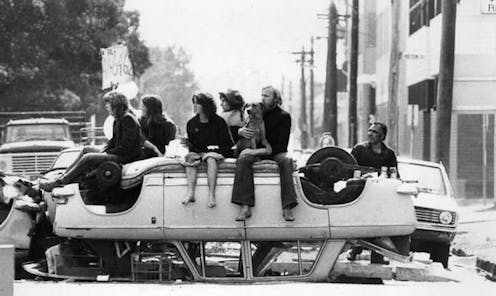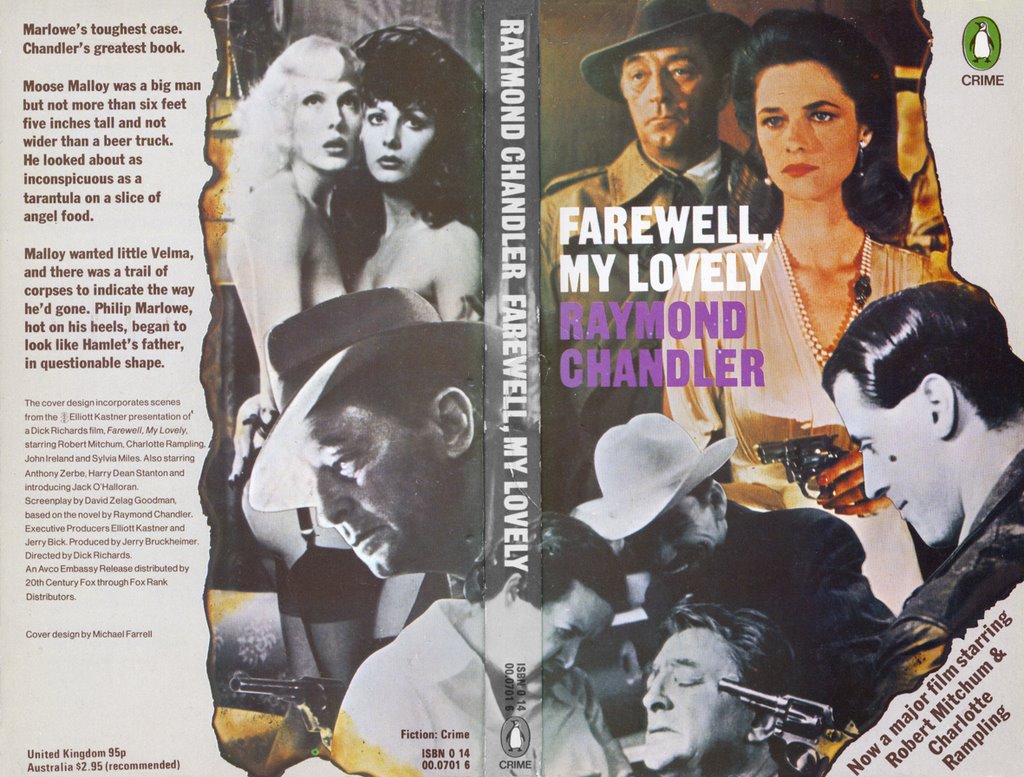When lies tell the truth ...
The photo above is fake in the literal sense. But it contains a truth, brilliantly conceived by artist and Instagramer Brailliant - his work here. Albert and Marilyn probably never actually met, although her friend Shelly Winters relayed that Marilyn held him as a fantasy partner and there are various rumours and even jokes about a liasion.
Albert was a socialist at heart, a German Jew who fled the Nazis and spoke openly against injustice everywhere. He opposed Leninism and what he saw as the tyranny of the Bolsheviks. The passage below is excerpted from Why Socialism, published in the first issue of the socialist journal Monthly Review. Read more


